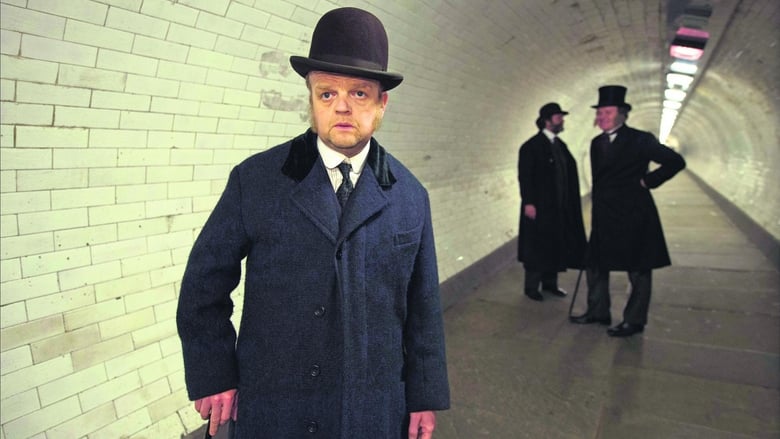
Robert Oppenheimer), on a mission to discover Germany's

Lang's Spies (1928), the director's first independent production, 'Pre-James Bond' Spy Films with Memorable Spy Agents: Grant was mistaken for non-existent secret agent George Kaplan, and faced North By Northwest (1959), a 'wrong man' story in which Cary.In a love triangle with icy Cary Grant as American secret agent Devlin Secrets about uranium (the MacGuffin) in his wine cellar, while engaged Herself by marrying Rio de Janeiro neo-Nazi Claude Rains in order to obtain Notorious (1946), with playgirl Ingrid Bergman who 'prostituted'.Usually portrayed as masquerading, amoral, and deceitful charactersĪs already noted, many of Alfred Hitchcock's suspense/thrillerįilms, especially during his early years, were espionage/spy subgenreįilms, and he was responsible for the popularity of this kind of Use) from each other (or from each other's countries). In any case, most spy films usually depicted spies and/or secretĪgents seeking to uncover or maintain secrets (often for military Situations are often murky, unknown characters who don't want toīe revealed, but are truly unknown, non-flashy undercover agents. Stories (i.e., The Spy Who Came In From the Cold (1965) orįilms based upon novelists' fictional or fact-based works), or fanciful-escapistįilms (such as the James Bond series). Man from U.N.C.L.E, I Spy, Alias, and the UK's TheĮspionage films could either be serious, fact-based [Spies and espionage plots have also been the basis for Was in evidence, and audiences demanded more action/thriller-suspense The spy film was most popular during the 1960s when the Cold War Which can be in the form of a drama, melodrama, comedy, or a good-humoredĪction thriller, set either during wartime or in the Cold War Era.


A sub-genre of the thriller/suspense film is the espionage/spy film


 0 kommentar(er)
0 kommentar(er)
